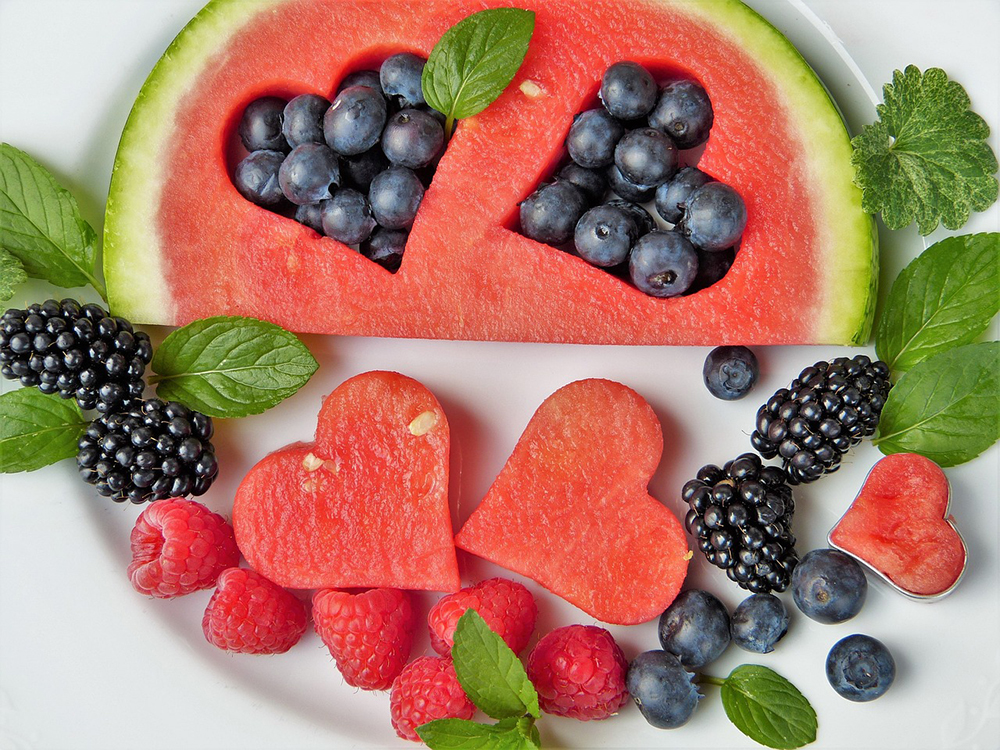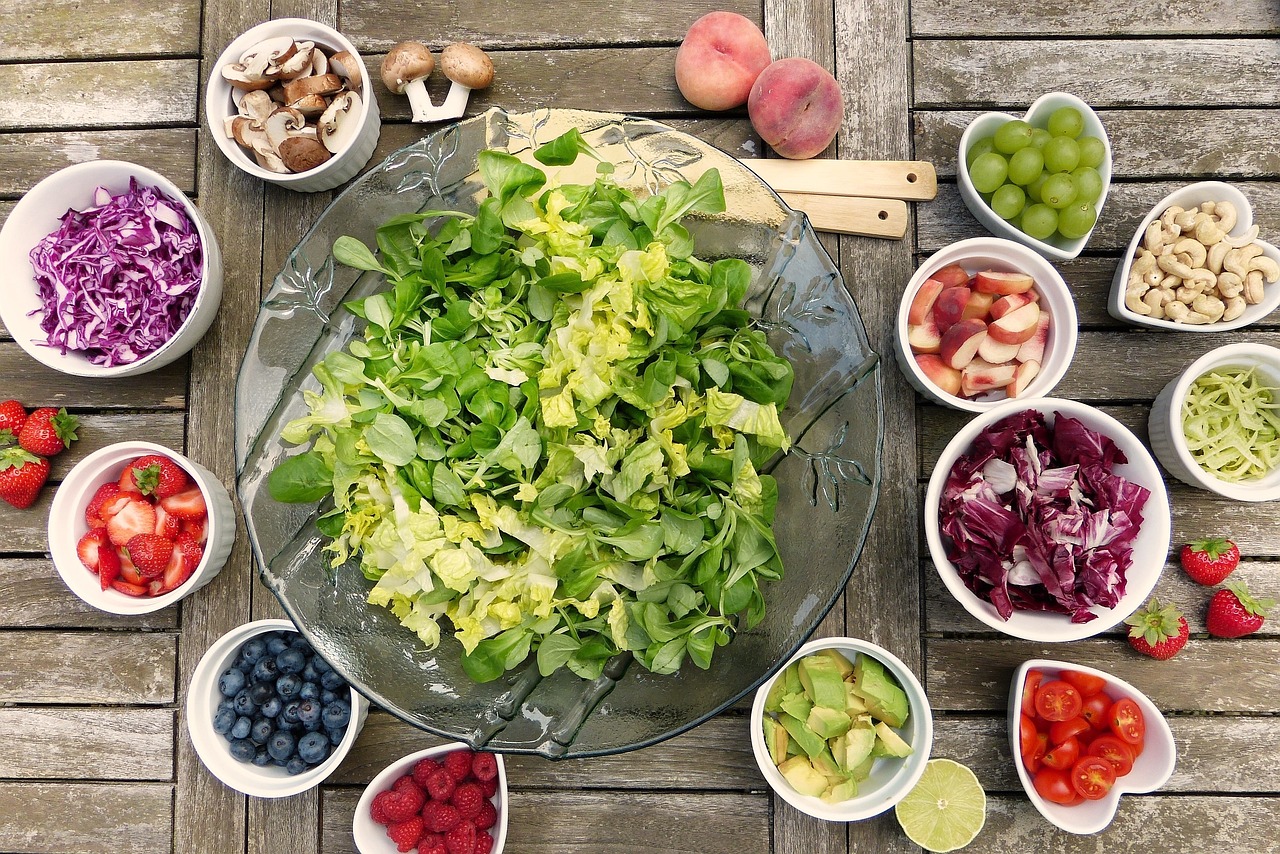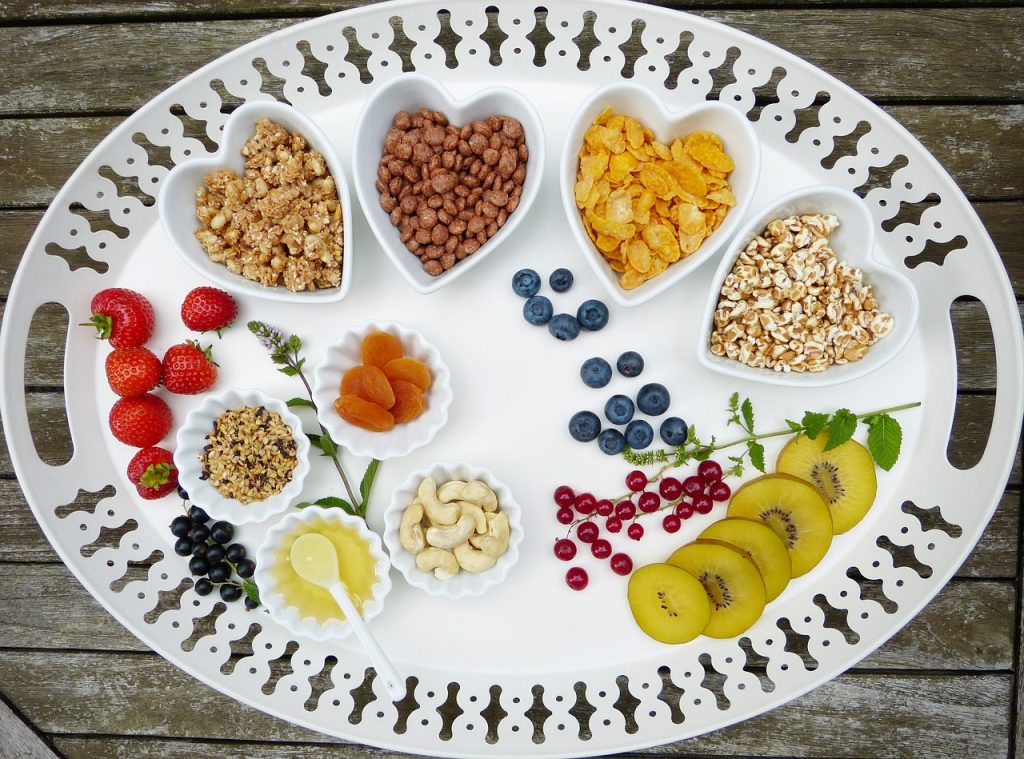
A vital macronutrient, protein, is important for human health. It is required for several processes, including tissue growth and repair, the production of hormones and enzymes, immune system support, and the provision of energy when carbs and fats are insufficient. It is critical to get enough protein in your diet for general health and wellbeing.

Proteins are essential for good health generally and have several key functions in the body. Here are some key reasons why protein is important:
1. Building and Repairing Tissues: Proteins serve as the basis for all tissues, including those in the muscles, organs, skin, hair, and nails. The development, upkeep, and repair of these tissues depend on an adequate protein intake.
2. Hormones and Enzymes: Proteins function as enzymes to speed up biological processes in the body. They support crucial functions like metabolism and digestion. In addition, several hormones, including insulin and growth hormones, are protein-based and essential for controlling a variety of biological processes.
3. Immune System Function: Protein is essential to the maintenance of a strong immune system. Proteins called antibodies aid in the body’s defence against pathogens and infection.
4. Transport and Storage: Haemoglobin, a protein, is responsible for carrying oxygen throughout the body. Proteins also aid in the delivery of vitamins, minerals, and other nutrients to various cells. Proteins can also be used as a reserve of energy when necessary.
5. Cell Signalling and Communication: Proteins have a role in the pathways that control cell signalling and communication. For the nervous system, including the brain, to operate properly, it must transfer signals between cells.

The amount of protein you need depends on your age, sex, degree of activity, and general health, among other things. Food items that are rich in protein are mainly for non-vegetarians and people who are vegans or vegetarians lack protein in their usual diet. Here are some food items and tips through which people who are vegetarians can have a protein rich diet.
Legumes: Legumes are a great source of protein. Examples include lentils, chickpeas, black beans, and kidney beans. They can be included in a wide range of recipes, including salads, vegetarian burgers, soups, and stews.
Quinoa: Quinoa contains all nine of the essential amino acids and is a complete protein source. It can be added to salads, used in pilaffs, or used as a substitute for rice or couscous.
Tofu and Tempeh: Made from soy, tofu and tempeh are high in protein. They could be stir-fried, marinated, and grilled, or added to stews and curries.
Wheat gluten, sometimes referred to as seitan, is a high-protein alternative to meat. Stir-fries, sandwiches, and stews are just a few of the recipes it may be used in.
Almonds, peanuts, walnuts, chia seeds, hemp seeds, and flaxseeds are excellent sources of protein, as are other nuts and seeds. They can be eaten as snacks, added to smoothies, or topped with yoghurt and salads.
Dairy and eggs can both be excellent sources of protein if you eat them regularly. Greek yoghurt, and cottage cheese are all high in protein.
Plant-based protein powders: To enhance protein intake, smoothies and baked goods can be made using plant-based protein powders like pea, hemp, or rice protein. There are various protein powders available in the market that can be added to your daily diet.

Everyone should eat a range of protein sources to make sure they obtain all the necessary amino acids. Vegetarians can satisfy their protein requirements and maintain a healthy diet by including these plant-based protein sources into their daily routine



